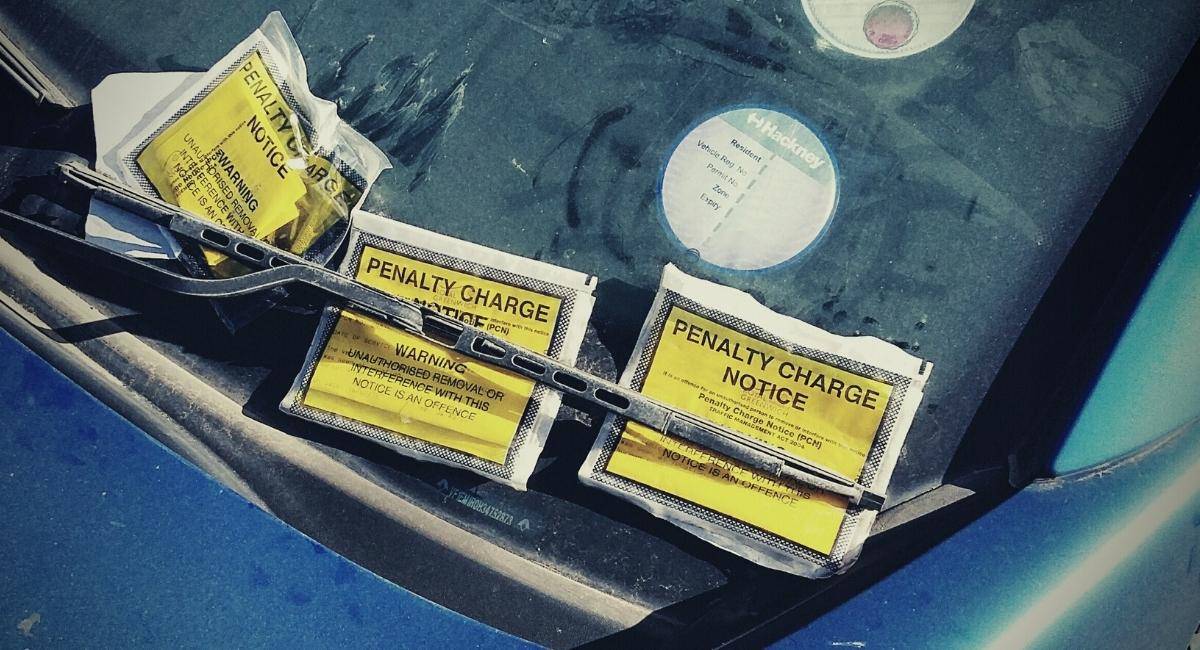Having multiple traffic violations in Texas can do more than send your insurance rates through the roof as it can also cause you to be considered a habitual traffic violator. A habitual traffic violator designation not only can be used against you in court when considering whether you are at risk for repeat offenses of any kind, but it can also cause you to have your license suspended.
Working with an experienced traffic defense lawyer can fight to help you avoid a habitual traffic violator designation and keep your driving privilege. It is important to take defensive measures as soon as possible.
Habitual Traffic Violator Defense Lawyer in Plano, Allen, Frisco, and McKinney, TX
If you or your loved one is dealing with a habitual traffic violator charge, get yourself legal representation as soon as possible. The Law Offices of Richard C. McConathy represents clients in all kinds of traffic crime cases. Our firm will be able to work to help you achieve the most favorable possible outcome to your case.
Call (469) 304-3422 or contact the Law Offices of Richard C. McConathy today at for a consultation about your alleged offense in Plano, Allen, Frisco, McKinney, TX, and surrounding areas of Collin County, Texas. We can then better understand the nature of your charges and also examine your possible defense options.
Texas Department of Transportation (TxDOT) License Point System
Texas has developed a point system attached to Texas driver’s licenses to keep track of the number and severity of moving violations. Moving violations are defined by Title 37 of the Texas Administrative Code as acts committed in connection with the operation of a motor vehicle on a public street or highway that constitutes a hazard to traffic and is prohibited by the city ordinance or state law.
Whenever you commit a Texas moving violation such as speeding or failure to stop, a specific number of points are added to your driver’s license; for example:
- For every moving violation you commit in Texas, two points are added to your license
- For every moving violation you commit in Texas resulting in an accident, three points are added to your license
Once you have six points attached to your driver’s license, you will have to pay a surcharge and may face a habitual traffic violator designation as well as the penalties that come with it. It is wise to consult with an experienced DFW traffic attorney any time you receive a ticket in order to explore your options in avoid a situation where your license has accumulated too many points.
Texas License Suspension Laws
Consistently being found guilty of some of the many common traffic offenses in Texas can result in being classified as a habitual traffic violation. Traffic offenses are typically moving violations; Texas Administrative Code § 15.89 defines a moving violation as an act committed in connection with the operation of a motor vehicle on a public street or highway, which constitutes a hazard to traffic and is prohibited by state law or city ordinance.
According to the Texas Administrative Code, there are well over 200 traffic offenses that are classified as moving violations. Below are some of the most common traffic offenses that the Law Offices of Richard C. McConathy have been approached with:
- Racing on a Highway
- Fleeing and Eluding
- Speeding
- Reckless Driving
- Driving While License Suspended
- Leaving the Scene of an Accident
While these are some of the most common traffic offenses, they are far from being the only ones you need to be aware of. If you or someone you know has received a citation that you believe is a traffic offense, it is in your best interest to consult the Texas Administrative Code and see whether or not it is actually a moving violation.
The guidelines the Texas Department of Motor Vehicles follows to determine if a license should be suspended are defined in Texas Transportation Code §521.292. Generally, a habitual offender as mentioned in these guidelines is someone who has been convicted of four or more moving violations in one year or seven or more moving violations in two years.
Consider using an experienced Dallas traffic law defense attorney if you think your driving privileges are threatened by a violation of any of the following guidelines for suspension:
- A habitual violator of the traffic laws
- A habitually reckless or negligent driver
- Someone who has permitted the fraudulent or otherwise unlawful use of his or her driver’s license
- Someone who has been the at-fault party for any accident resulting is severe personal injury or serious property damage
- Someone who has driven on a highway while his or her driver’s license was suspended, canceled, disqualified, or revoked
- Someone who has driven on a highway after his or her application for a driver’s license was denied
- Someone who has been convicted of two or more separate violations of a driver’s license restriction
- Someone who has committed an offense in another state or Canadian province that would be grounds for suspension in Texas
Driver’s licenses suspension is a common consequence of being a habitual traffic violator. The Texas Transportation Code § 521.292 provides some definitions and additional information about the consequences of habitable traffic violations, as well as what is defined as a habitual traffic violator. According to the code, an individual can be classified as a habitual offender if they have been convicted of four or more moving violations in one year or seven or more moving violations in two years.
Habitual violators of traffic laws can see their license get suspended if they are guilty of consistently breaking the law and violating the roadways of Texas. In addition to this, individuals who are habitually reckless drivers may also see themselves in danger with the Texas Department of Motor Vehicles. Other crimes that can lead to license suspension include:
- Fraudulent or unlawful use of a Texas driver’s license
- Driving on a public roadway with a suspended driver’s license
- Being the at-fault party for any accident that resulted in severe bodily injury or property damage
- Being guilty of an offense committed in another state or providence that could potentially be grounds for suspension in the state of Texas
If you believe that your driving privileges may be threatened by a crime you committed, it is in your best interest to consult an attorney and discuss your matter. Failure to do so could lead to your driver’s license being suddenly suspended without any warning.

Collin County Hearing for Administrative License Suspension or Revocation
According to Texas Transportation Code § 724.041, any individual who has received an administrative suspension or revocation of their Texas driver’s license can request a hearing at the Department of Public Safety. This request must be made in writing and submitted to the Texas DPS within 15 days of administrative suspension or revocation notice. This request does not waive your driver’s license suspension or revocation, which will remain in place until such time as your suspension or revocation is canceled.
Once the administrative hearing request is properly and timely submitted, the State Office of Administrative Hearings must provide a hearing of your case before an administrative law judge before the suspension or revocation effective date. This will not be before the eleventh day after you have received your administrative suspension or revocation notice; generally, it occurs 40 days after such notice.
The decision the administrative law judge makes to stay the suspension or cancel it is final. An experienced Dallas County criminal defense lawyer for traffic offenses can help you fight in this hearing to overturn your administrative driver’s license suspension or revocation and keep your driving privilege.
Collin County Habitual Traffic Violator Resources
Texas Department of Motor Vehicles — Visit the official website of the Texas Department of Motor Vehicles (DMV). Here, you can access various portals that allow you to register your vehicle, renew your driver’s license, order specialty license plates, or request a title for your vehicle. You can also access information that lets you know whether or not your license has been suspended, and what steps you must take if you are currently using a suspended license.
Habitual Violator Program | Central Texas Regional Mobility Authority — The Habitual Violator Program was implemented in November 2019 to address habitual non-payment of tolls by chronic violators to ensure fairness to the majority of drivers who pay their bills on time. Texas law defines a habitual violator as a registered owner of a vehicle who has been issued two notices of non-payment for an aggregate of 100 or more unpaid toll charges within a 12-month period. The habitual violator process involves a person using toll roads without paying, ignoring predetermination letters and determination letters, and then being deemed a habitual violator.
Find A Collin County Attorney for Habitual Traffic Violator Charges | Law Offices of Richard C. McConathy
If you are dealing with being labeled a habitual traffic violator in Collin County, get legal help today. The Law Offices of Richard C. McConathy will know how to put forth the most aggressive defense against the charges so you can reduce or dismiss your criminal charges.
Contact the Law Offices of Richard C. McConathy today at (469) 304-3422 for a consultation about your alleged offense in Plano, Allen, Frisco, McKinney, TX, and surrounding areas of Collin County, Texas.


